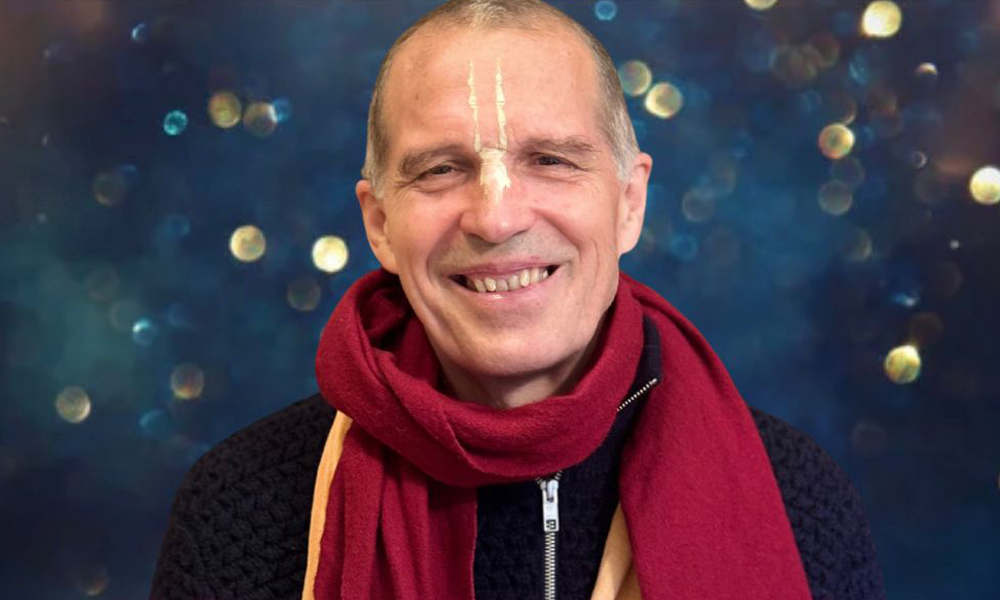As we enter the New Year, it’s good to prime ourselves to make the most of this fresh beginning. Research repeatedly shows that during new beginnings, such as the start of a New Year, we are more likely to set and pursue goals that we aspire for.
Personally, I like to review the past year by looking for the things I am leaving behind, the chapters I am closing, and the lessons I’ve learned. And then, I look for the one essential thing I’d like to do differently or improve in the New Year. This time, I wish to create space for more inner freedom or the sense of vastness and openness that transcends the small mind and connects me with the beautiful and vast mind of Krishna and his divine plan.
In various spiritual traditions, inner or spiritual freedom presents one of the core themes. They point to a life free from constraining thoughts, free from limiting circumstances, and free to practice what we truly aspire for.
The question arises: why do we find it difficult to experience this inner freedom? The answer lies in our pursuit of endless desires that make us forget our true identity and thus lead a life separate from our spiritual nature. In this context, Srila Prabhupada once said that we have no real enemies but “we ourselves are our worst enemy,” implying that we sabotage our inner freedom through inner limitations and desires.
There is, however, a straightforward path to spiritual freedom. In Sanskrit, it’s known as prayojana bodh, or living in the awareness of our highest necessity. By keeping our ultimate goal at the forefront of our awareness while engaging in other activities, we naturally re-align our priorities toward our ultimate aspirations. Let me share an example with you that will illustrate it.
In India, it is customary for village ladies to draw water from a nearby well, which they need for various household purposes such as cooking, drinking, and tending to the garden. After collecting the water in two or three pots, they skillfully balance them atop each other on their head as they walk home. Now, while they carry these pots home, they also engage in lively conversations or even hold a baby in their arms—yet the water does not fall from their head! The secret lies in their constant awareness of the precious water, which enables them to maintain perfect balance.
Similarly, just as the village ladies carry water while they do other things, we can cultivate the practice of holding the awareness of our highest spiritual goal in mind while we carry on with various duties and responsibilities. It is simple:
Start and end the day by contemplating your ultimate life goal.
Take a few moments throughout the day to remember your spiritual aspirations. For instance, these moments of remembrance can be as short as the time spent waiting at a traffic light. The key is to somehow or other “touch” the spiritual reality, and with time, your ability to hold this awareness will increase.
Regularly read about Krishna’s qualities and pastimes and reflect on what you have read so that it stays inside your long-term memory. This will undoubtedly strengthen and deepen your prayojana bodh. It will keep you inspired, motivated, and resolute.
Share your spiritual realizations and insights from scriptures with those on the same line of thought, and also hear and learn from them. This type of exchange will help you gain valuable inspiration and strength.
Prayojana-bodh, or keeping the awareness of your ultimate goal, will give you a sense of purpose and direction. It will guide you to make decisions and prioritize actions that align with your true necessity. In the face of challenges and setbacks, remembering your true goal will serve as a powerful source of resilience. Above all, this practice will help you stay focused on the bigger picture of life and experience inner freedom.
I wish you the most wonderful year you can ever imagine.
All the best, and Hare Krsna.
Sacinandana Swami
